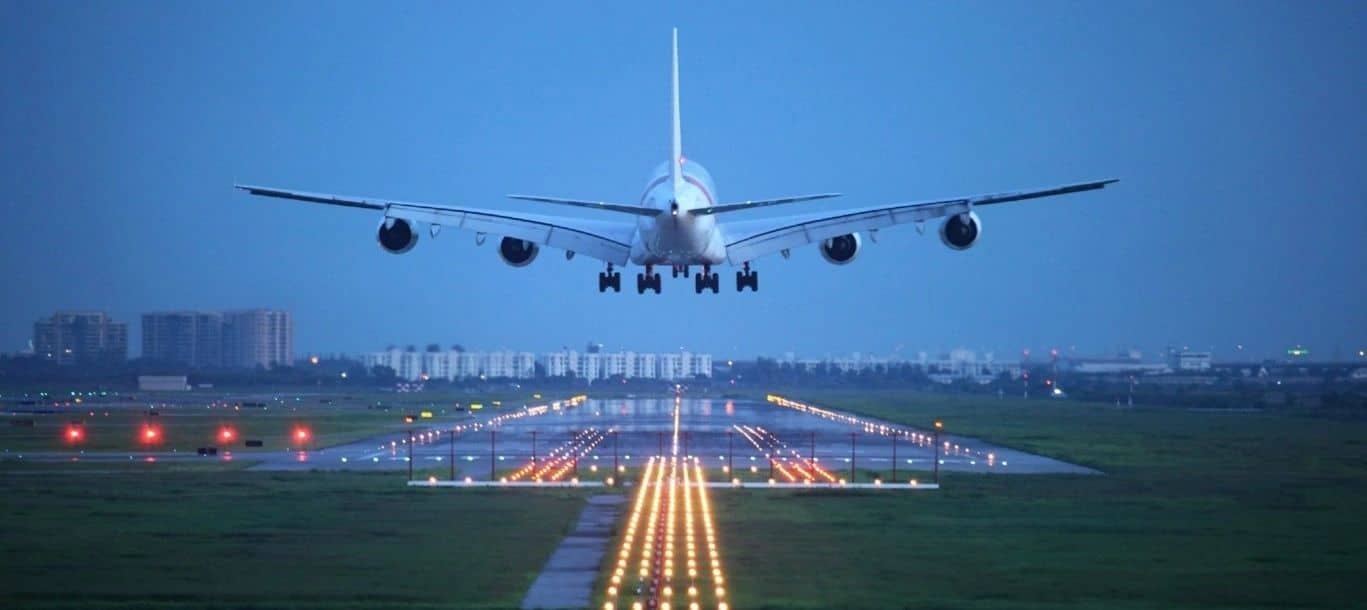Since the outbreak of the pandemic, domestic air travel has been a driving factor in the recovery of global passenger demand, owing primarily to the early reopening of domestic markets.
Many firsts occurred in 2023, as air passenger demand recovered strongly across regions. Domestic traffic reached 2019 levels for the first time in April, with revenue passenger kilometres (RPKs) topping April 2019 RPKs by 2.9%. Domestic RPKs grew by 5.3% in May, returning the worldwide passenger load factor to pre-pandemic levels for the first time.
These developments helped the industry’s RPKs to increase by over 60% year on year (YoY) in the first quarter of 2023 and continue with a 40.5% increase in the second quarter.
This is a new record for domestic RPKs, which climbed 8.3% year on year to beat the previous all-time high of 290 billion RPKs established in July 2019. July has consistently shown records for domestic RPKs being a peak month for aviation travel. However, in July 2023, seasonally adjusted domestic RPKs beat their December 2019 record.
China contributed significantly to this month’s performance, with a 22.5% increase in domestic traffic compared to July 2019, driven by domestic tourism and the relaxation of China’s zero-Covid policy. Historically, China’s domestic market generates about 10% of total industry RPKs, making its recovery critical for global traffic patterns. China fully restored domestic traffic in April 2023 and maintained exceptional annual growth rates of more than 7% and 15% in May and June, respectively.
Domestic RPKs in India increased by 21.1% year on year in July, virtually matching 2019 levels.
In July, Japan’s domestic RPKs remained higher than in 2019 for the third month in a row, while the US domestic market remained robust, topping pre-pandemic levels by 3%.
We will gain more insight into domestic traffic dynamics as domestic markets adapt to the new normal and correlate with seasonal trends in passenger demand as the year continues.

